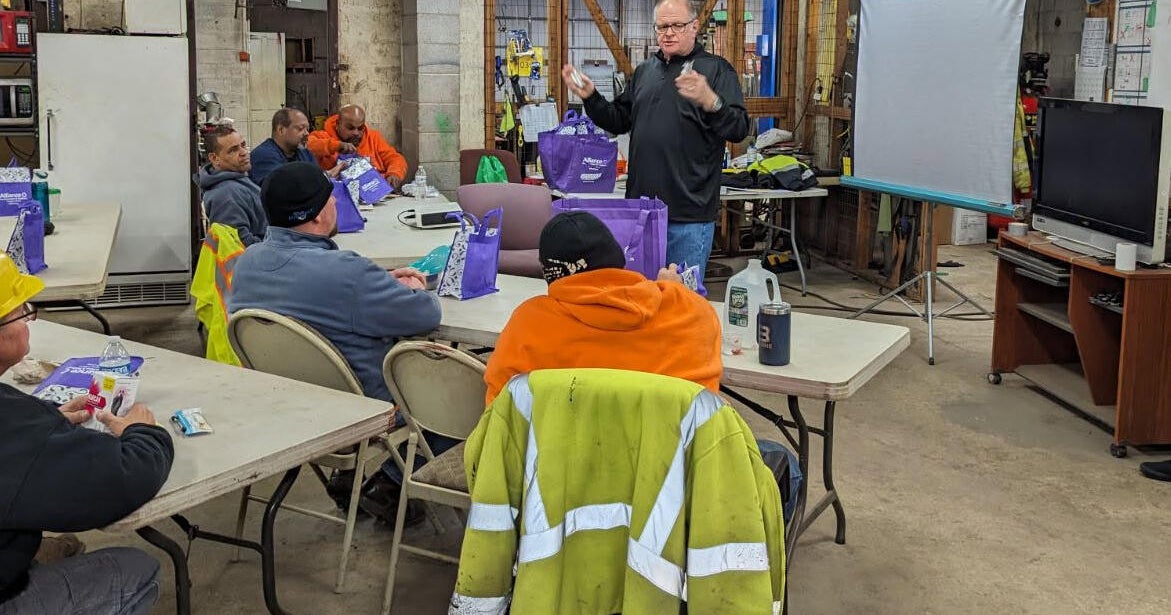Navigating the Maze: Why Ananda Lewis's Story Highlights Systemic Failures in US Cancer Care

The tragic story of Ananda Lewis, former MTV VJ, underscores a deeply troubling reality within the U.S. healthcare system: even with access to resources and options, patients can fall through the cracks. Lewis's untimely death, despite her privilege, shines a spotlight on the critical need for trust, transparency, and a patient-centric approach to cancer care. As noted by an oncologist, her experience is not an isolated incident but a symptom of a larger systemic problem.
The Problem of Trust and Communication
Lewis’s experience wasn’t about a lack of treatment *availability*. It was about a breakdown in trust and communication between her and the medical professionals treating her. This isn't unique. Many cancer patients report feeling unheard, dismissed, or rushed during appointments. The pressure on doctors to see a high volume of patients, combined with complex medical jargon, can create a barrier to effective communication, leaving patients feeling confused and disempowered. Fear of questioning authority, or feeling like they're being a 'burden,' can prevent patients from advocating for themselves.
Fragmented Care and Lack of Coordination
The U.S. healthcare system is notoriously fragmented. Patients often see multiple specialists – oncologists, surgeons, radiation therapists – who may not always communicate effectively with each other. This lack of coordination can lead to conflicting treatment plans, missed opportunities, and unnecessary delays. Lewis’s case highlights the importance of a ‘navigator’ or care coordinator who can oversee the entire treatment journey, ensuring all providers are on the same page and that the patient’s needs are being met.
The Impact of Systemic Biases
While Lewis’s story is particularly poignant due to her public profile, it's crucial to acknowledge that systemic biases within healthcare disproportionately affect marginalized communities. Factors like race, ethnicity, socioeconomic status, and geographic location can significantly impact access to quality care, leading to disparities in outcomes. Even those with insurance can face challenges navigating complex billing processes, pre-authorization requirements, and limited provider networks.
Beyond Treatment: Addressing the Holistic Needs of Cancer Patients
Cancer treatment isn’t just about surgery, chemotherapy, and radiation. It's about addressing the patient's emotional, psychological, and social needs. Many patients experience anxiety, depression, and financial hardship during their cancer journey. A truly patient-centered approach would integrate supportive care services – counseling, nutritional guidance, financial assistance – into the treatment plan.
What Needs to Change?
Ananda Lewis’s story serves as a powerful call to action. To improve the U.S. cancer care system, we need to:
- Prioritize patient communication and shared decision-making: Doctors need to actively listen to their patients, explain treatment options clearly, and empower them to participate in their care.
- Promote care coordination: Implement systems that facilitate seamless communication between providers and ensure a holistic approach to treatment.
- Address systemic biases: Work to eliminate disparities in access to care and ensure that all patients receive equitable treatment.
- Integrate supportive care services: Provide comprehensive support to address the emotional, psychological, and financial needs of cancer patients.
Lewis’s legacy should be a commitment to building a healthcare system that truly prioritizes the well-being of every cancer patient, ensuring that no one else suffers the same fate.






